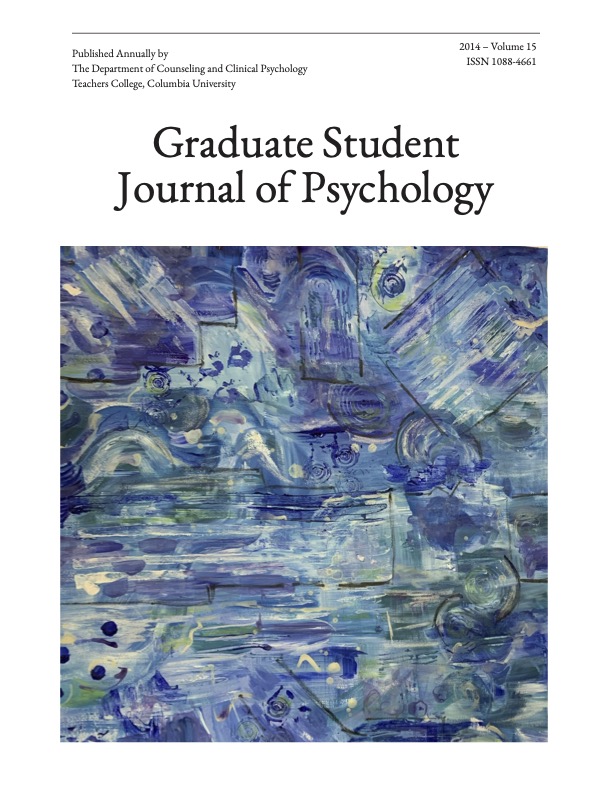Parent Education Model for Child and Adolescent Onset Psychosis
Main Article Content
Abstract
Although history has shown that the onset of psychotic disorders typically begins in early adulthood, recent research has identified a specific population of children and adolescents who develop psychotic disorders at a young age. Children and adolescents who develop psychotic disorders typically have a more complex course and worse prognosis than adult onset. For this reason, early intervention can be crucial. Having parents and family members who actively participate in the treatment of patients experiencing psychosis greatly reduces the likelihood of relapse symptoms, while improving the quality of life of the patient and the family. This proposed model actively engages parents and other family members of children or adolescents diagnosed with a psychotic disorder in different contexts. In the model, families will participate in consultations with the primary treatment provider, giving and receiving valuable information about the best possible treatments. Parents will participate in caregiver psychoeducation/support groups for additional support from other parents and caregivers with similar challenges and needs. Families will also participate in family therapy as a whole in order for the family to improve communication, enhance problem-solving skills, and learn how to support the family’s unique needs. Having the family involved in these different contexts of a child or adolescent living with a psychotic disorder will not only aid in the treatment of the disorder but also improve the quality of life for the entire family
Article Details
Section
Articles

This work is licensed under a Creative Commons Attribution-NonCommercial 4.0 International License.
How to Cite
Agee, E., Speeze, J., & Underwood, J. (2014). Parent Education Model for Child and Adolescent Onset Psychosis. Graduate Student Journal of Psychology, 15, 31–46. https://doi.org/10.52214/gsjp.v15i.10889

